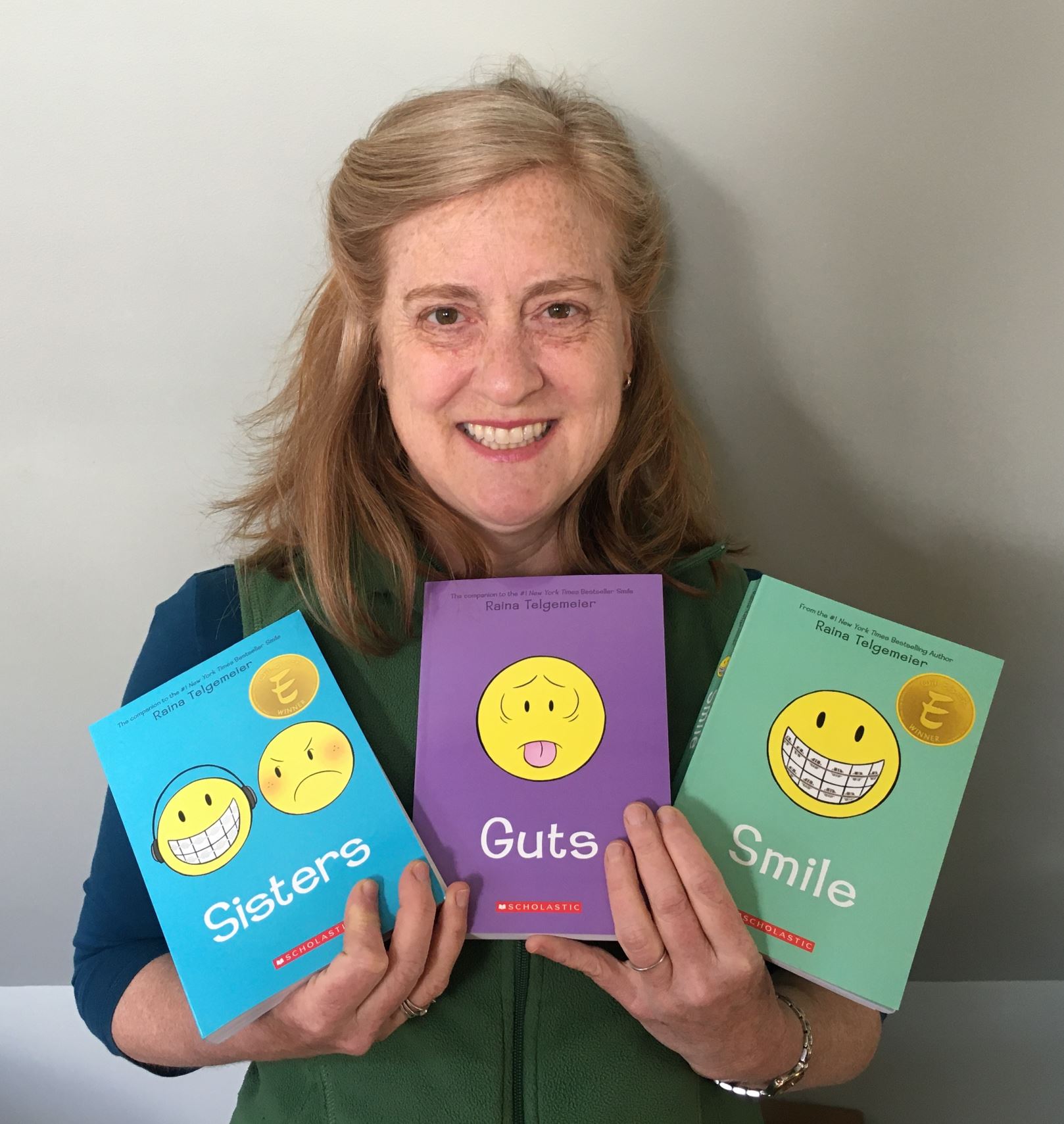Research Engagements in the TESOL Classroom: Putting Curiosity into Action
TESOL professionals are no stranger to research in their everyday practices - A school teacher might notice an activity didn’t work as planned, try something new, and share their reflections with colleagues. A university-based teacher might use a questionnaire to explore a topic of interest through statistical analysis. Whether it is these examples or anything in between, TESOL professionals have curiosity and desire to better understand their practices represents interest in research in our field. Simply put: Teachers having questions and acting towards those questions reflect their research engagement in the TESOL classroom.
In line with the growing awareness to diversity, equity, and inclusion, all TESOL professionals are entitled to become knowledge generators in the current understanding of educational research. That said, engaging with and/or in research in a systematic manner has been challenging for TESOL professionals due to many reasons, including the lack of resources, administrative support, mentorship, or time. However, there are strategies and techniques that can easily be incorporated to overcome those challenges and to center research-informed approach in the frontline teachers’ everyday practices.
In this strand of the TESOL-TIRF Research Symposium, we will explore basic concepts regarding what constitutes research, as well as familiarize ourselves with evidence-backed frameworks. Such frameworks, including action research, exploratory practices, and lesson study, will help prepare TESOL professionals to put their curiosity into action in the context of their classrooms. We will also explore strategies to support your research engagements and find accessible venues to share results of such research engagements.
 |
Özgehan Uştuk is a research assistant professor in the Department of English and Communication at the Hong Kong Polytechnic University. He has worked as a language and drama teacher, teacher educator, and researcher in different contexts. He has extensive experience in conducting his own practitioner research as well as mentoring practitioners who engage in research. He is the chair of TESOL’s Research Professional Council (2024) and he is one of the TESOL professionals who co-authored the TESOL Research Directions 2023-2027. He has recently received the Outstanding Advocate Award from the TESOL International Association. |






